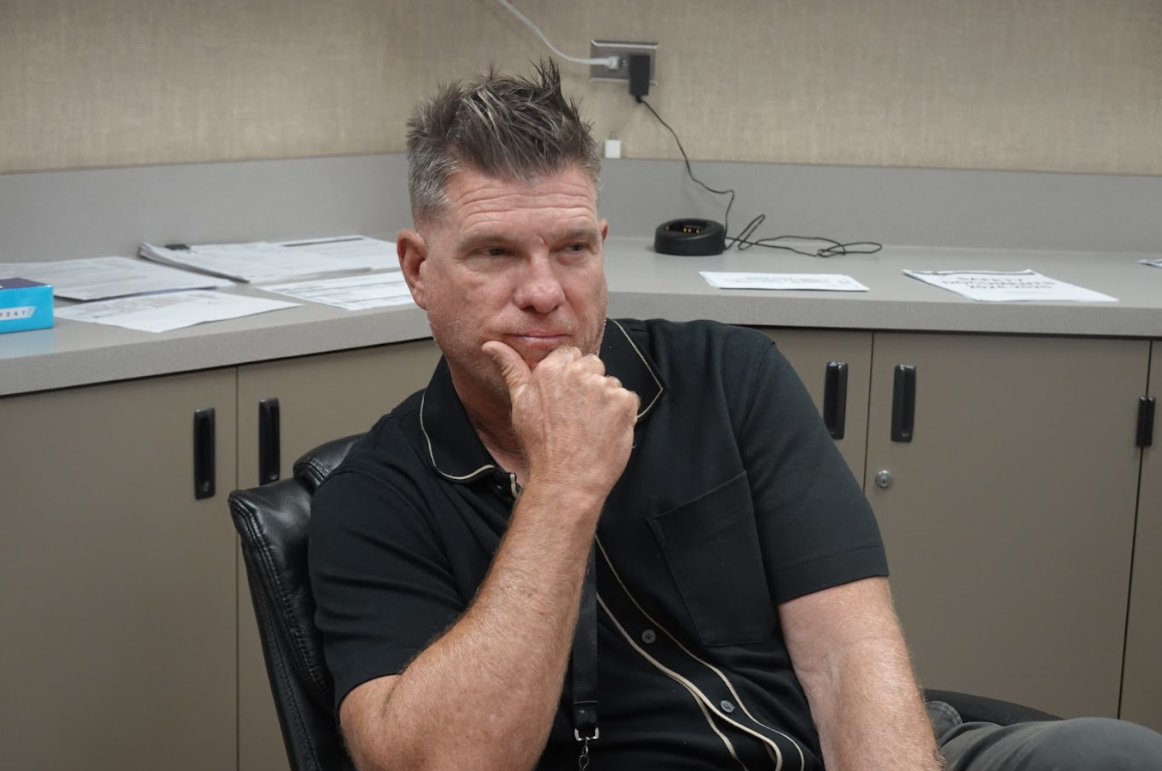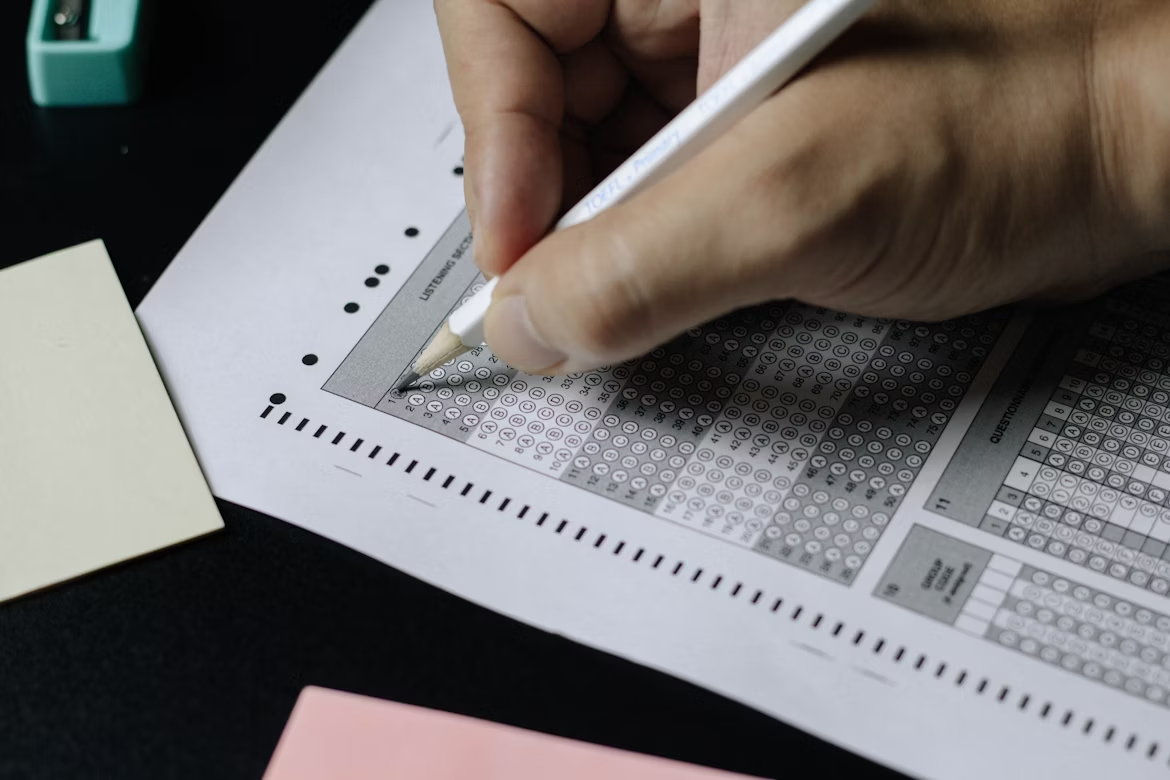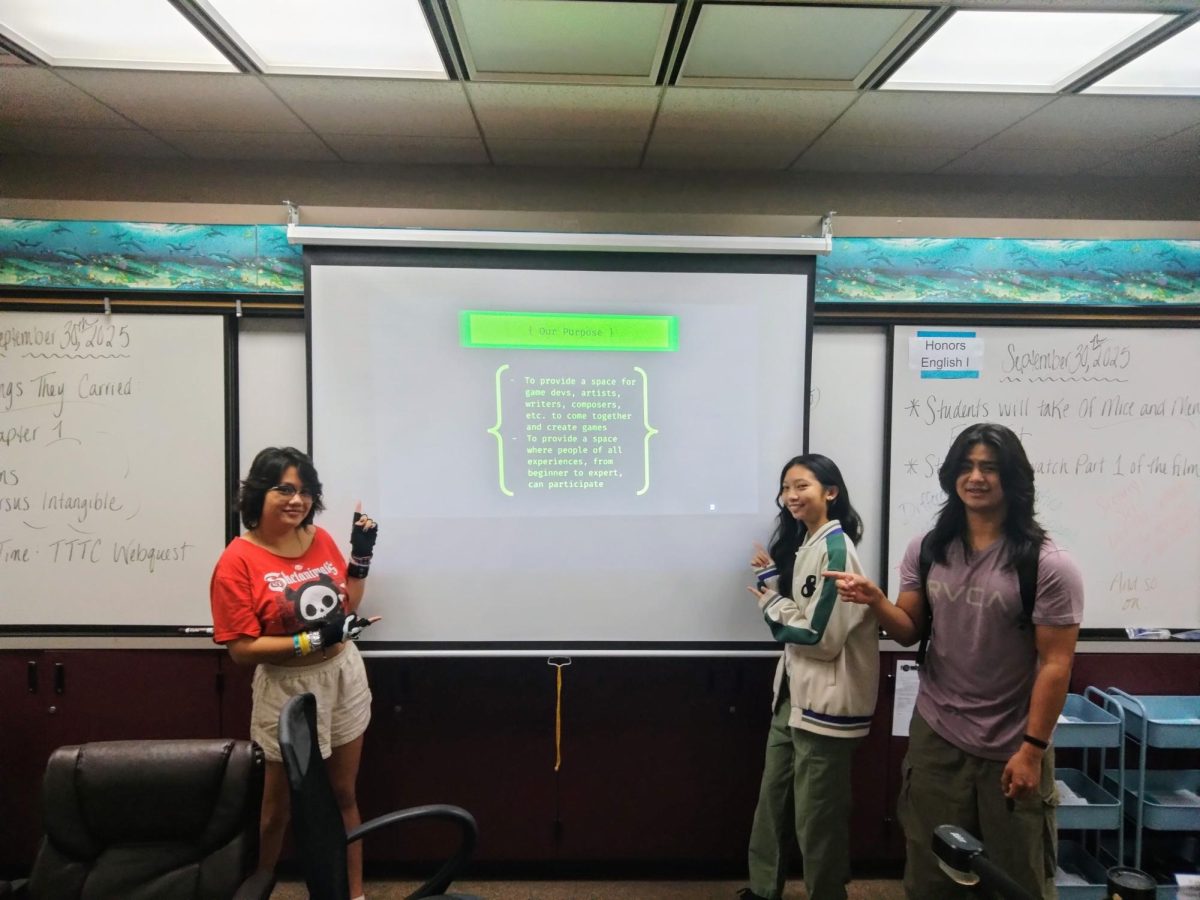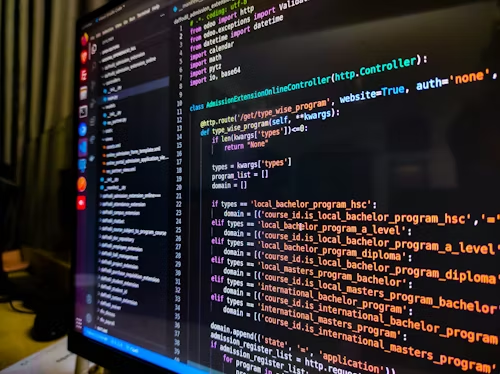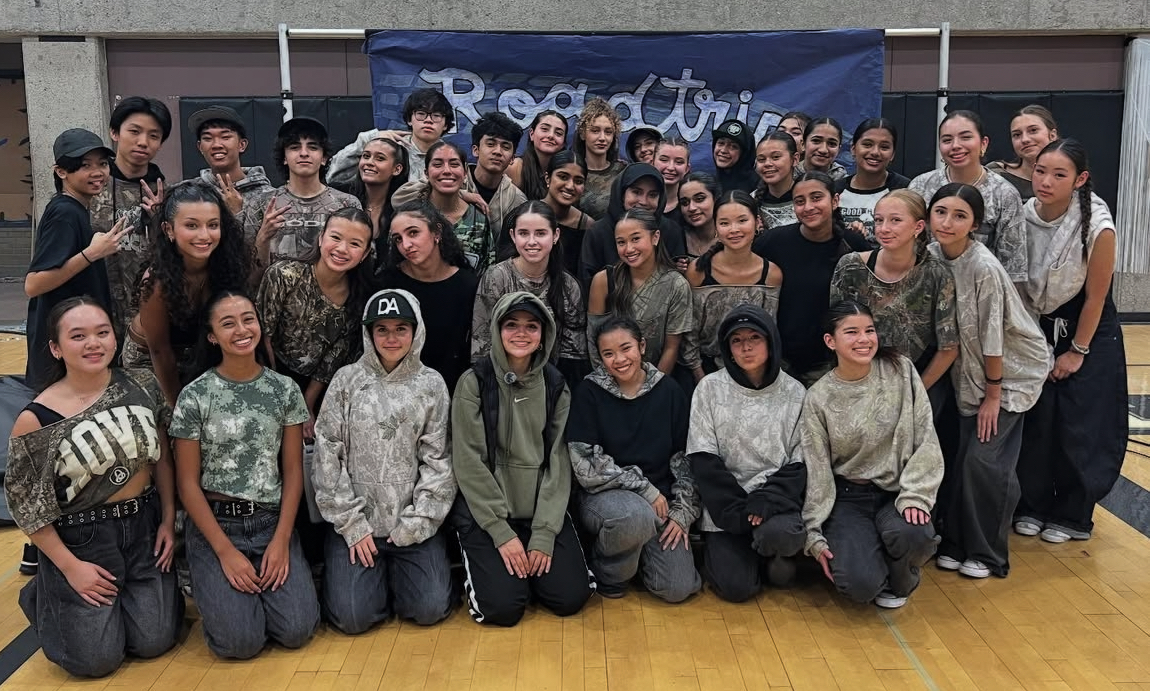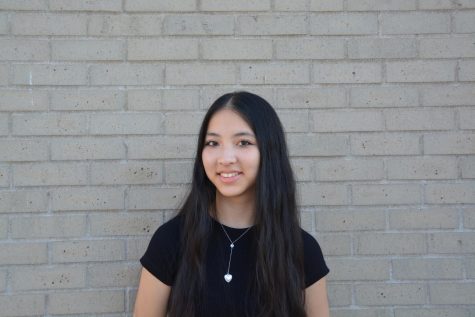Following the start of the 2023-2024 school year at Aliso Niguel, some changes in the technology policies regarding personal devices are taking place, preventing students from using personal devices like laptops or iPads in class.
Last school year, the popular program known as iPad Academy ended, as the school now has enough Chromebooks to supply to every student. However, a lot more leniency was still given to students about using personal computers or continuing to use iPads.
This year, though, these policies have gotten much stricter, with most teachers having a zero-tolerance policy on using personal devices, only allowing the school or district-issued Chromebooks in class.
For example, Laura Richards (12), a previous participant in the iPad Academy program, expresses the unprecedented strictness of this year, “Some of my teachers will even give zeros to students who don’t bring their Chromebooks for certain assignments.”
This academic punishment makes the steep transition not just heavily encouraged, but practically forced with students having no other option but to conform or perform poorly in their classes, which many are unwilling to do considering the academic standings of Aliso Niguel.
This crackdown on technology policy after a year of leniency makes sense, as the end goal was always to have enough Chromebooks for the student population in the school so electronic devices could be regulated. However, the change was not particularly welcomed by students, as many loved the iPad Academy option, and many at school have complaints regarding this.
Many students’ complaints with the Chromebook requirements include the weight of Chromebooks, the inconvenience of keeping them charged with only the designated school-issued chargers to be used, and inaccessibility to certain websites, many of which are needed for school assignments themselves.
As iPads are notably lighter in weight and take up less space than laptops, some students express discontent with the requirement of carrying a several-pound device every day.
Furthermore, others find keeping Chromebooks charged and having constant access to chargers difficult. However, it would be even more difficult with a personal computer or iPad if a student did not bring one themself.
Also, the sheer amount of blocked websites sometimes hinders students’ assignments such as research projects or any other project with permitted online searches.
Privacy issues about using Chromebooks also seem to trouble students, as many refrain from using them for anything that is not strictly dictated to be used for an exact class or assignment. For example, observations in many classes reveal that several students even cover the cameras on the Chromebooks or refuse to connect them to their personal home networks.
The limited privacy that students have on Chromebooks is so that the school monitors appropriate activity and ensures academic integrity, but this fact does not make students less wary of using the school-issued devices any more than is necessary.
According to the librarian, “The Chromebooks are district-issued and do not come from the school. The district provides Chromebooks to every school, and from elementary to high school, they now have enough Chromebooks to provide to all 42,000 students in the district.”
Overall, this new technology policy follows the school pattern of employing stricter rules on campus, as these regulations seem to increase every year. Still, this particular rule has been a long time coming and completes the transition with certainty.
